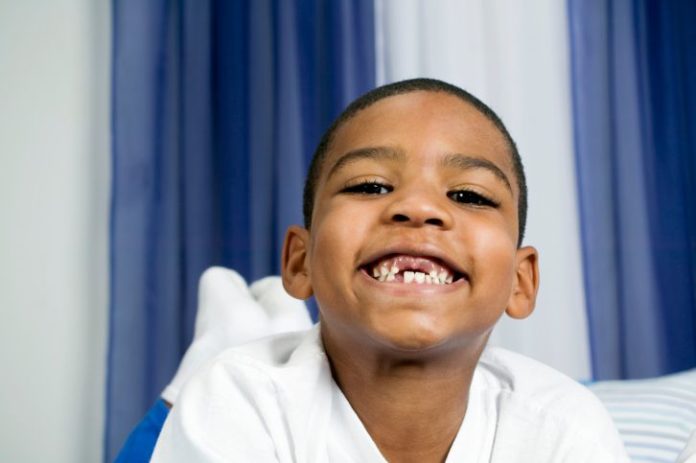Oxytocin, the love hormone, may help autistic children to be more attuned to social cues in others.
Yale University researchers found that autistic children who were given oxytocin showed greater activity in parts of the brain associated with social interaction, including regions that process social information and are linked to reward, social perception and emotional awareness.
Oxytocin is naturally released when we hug or kiss a loved one.
The study examined 17 children with autism, aged between eight and 16 years. Each was given a dose of oxytocin or a placebo, and asked to perform a social and non-social task.
Lead researcher, Adjunct Assistant Professor Ilanit Gordon, a neuroscientist at Yale University, said oxytocin temporarily normalised brain regions responsible for the social deficits seen in children with autism.
“These results may imply that oxytocin makes social stimuli more rewarding and socially salient to children with autism spectrum disorder,” Adjunct Assistant Professor Ilanit Gordon said.
She said the hormone seemed to help attune the brain to the difference between social and non-social stimuli. However, she said, the findings did not mean that one dose of the hormone would treat social deficits in people with autism.
“It means that there’s a change in the brain that we read as positive and exciting, but we need to learn how to utilise it to create a change in real-life behaviour.”
She said that activity in the right amygdala of the brain – the seat of emotions – as well as in the orbitofrontal cortex, which is key to social processing, and the subgenual anterior cingulate, appeared to rise and fall with increased levels of circulating oxytocin, and may begin a process of identifying and measuring doses of oxytocin that are safe and effective in aiding social learning.
Adjunct Assistant Professor Gordon said this was a key step if oxytocin was to become a tool in helping those with autism spectrum disorder were to socialise more effectively.
“Kids with autism might be able to reverse the cascade of effects that may characterise autism: those may start as subtle deficit in social drive and motivation during infancy, prompting these children to interact less, resulting in poorer social skills and brains that develop more and more differently than those of typically developing children,” Adjunct Assistant Professor Gordon said
“With oxytocin-aided social skills training, that cascade of developmental differences might be interrupted, or at least blunted.”
The research was published in PNAS.
(Source: AMA, PNAS)










